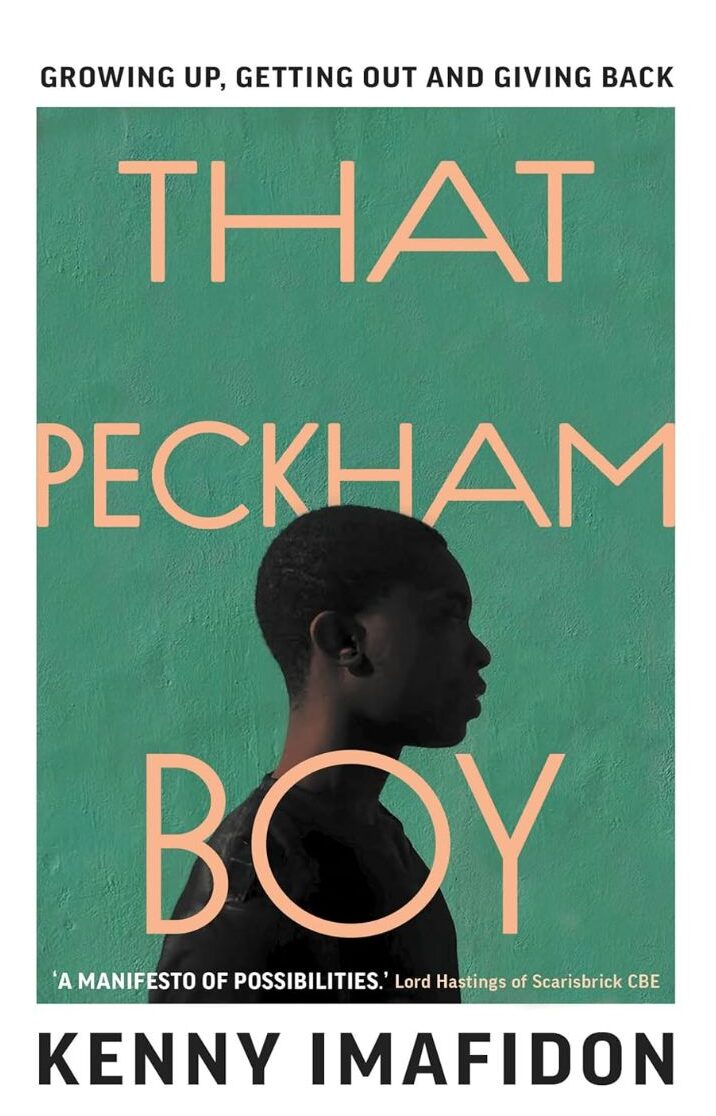HEALTH
Surviving the Odds
“Ethnicity's Impact on Brain Tumour Survival Rates Explored”
Black Wall St. MediaContributor
Brain tumours are a complex and devastating condition that affects individuals of all ethnic backgrounds.
While significant research has been conducted to understand various aspects of brain tumours, the influence of ethnicity on survival rates has remained relatively unexplored.
However, a groundbreaking study shed light on this important topic, revealing intriguing insights into the impact of ethnicity on the prognosis of brain tumour patients.
 In this study, which was the first of its kind, researchers examined a vast dataset comprising 24,319 adult patients living in England, all of whom had been diagnosed with a malignant primary brain tumour between 2012 and 2017.
In this study, which was the first of its kind, researchers examined a vast dataset comprising 24,319 adult patients living in England, all of whom had been diagnosed with a malignant primary brain tumour between 2012 and 2017.
The study aimed to investigate the association between ethnicity and survival rates, with a particular focus on understanding how different ethnic groups may experience varying outcomes.
The findings of this study were both significant and thought-provoking.
It was observed that white British individuals diagnosed with malignant primary brain tumours faced a higher risk of death within one year compared to patients from at least four other ethnic groups.
This revelation challenges previously held assumptions and raises important questions about the potential role of ethnicity in brain tumour survival.
The study revealed that patients categorized as ‘other ethnic’ had a 30% lower likelihood of dying within one year than white British patients.
Additionally, individuals from three other ethnic categories demonstrated decreased risks of death: 16% for Indian, 17% for other white, and 19% for unknown.
These findings highlight the importance of considering ethnicity as a potential factor when assessing a patient’s prognosis and treatment plan.
However, it is crucial to approach these findings with caution and acknowledge the complexity of the factors involved.
The study’s lead researcher, Ms Hiba Wanis from the Comprehensive Cancer Centre at King’s, emphasized the need for further research to understand the underlying reasons for these disparities in survival rates.
Several factors may contribute to the observed differences, such as variations in symptom recognition, early diagnosis, reporting accuracy, lifestyle, cultural influences, deprivation, tumour characteristics, and treatment options.
Ms Wanis pointed out that brain tumours are under-researched compared to other types of cancer, and until now, no study had investigated the impact of ethnicity on brain tumour survival using information on patients from across England.
This study serves as a critical step towards filling this gap in knowledge and addressing the disparities in brain tumour research.
One of the significant implications of this study is the potential for doctors to provide patients with relevant and accurate prognostic information based on their ethnic background.
Understanding how ethnicity may influence survival rates can help healthcare professionals tailor treatment plans and support systems to meet the specific needs of patients from diverse ethnic backgrounds.
Moving forward, Ms Wanis and her colleagues are actively exploring avenues for further research.
They aim to collaborate with patient representatives to collect additional data and gain deeper insights into the factors influencing survival differences among ethnic groups.
This collaborative approach will enable researchers to explore whether there are discrepancies in death reporting among different ethnic groups and identify better prognostic factors that can enhance survival rates.
The research community, too, is optimistic about the study’s potential impact. Michael Jenkinson, Chair of the NCRI Brain Group and Professor of Neurosurgery and Surgical Trials at the University of Liverpool, acknowledged the significance of this research.
He highlighted that the study not only investigated the impact of ethnicity on brain tumour survival but also considered different types of brain tumours across patients in England.
According to Prof. Jenkinson, this comprehensive analysis helps fill crucial gaps in brain tumour research and underscores the importance of further exploration into factors like lifestyle and timely diagnosis.
While this study provides valuable insights, it is important to note that it represents only one piece of the puzzle.
Researchers must continue to investigate and unravel the complex interplay between ethnicity and brain tumour survival. It is crucial to consider additional factors, such as socioeconomic status, access to healthcare, genetic predisposition, and cultural beliefs surrounding health and illness.
The significance of this research extends beyond the scientific community. It has the potential to bring about positive change in healthcare policies and practices, leading to more equitable and inclusive healthcare systems.
By recognizing the influence of ethnicity on brain tumour survival, healthcare providers can develop targeted interventions to address the unique needs of patients from diverse backgrounds.
This may include culturally sensitive education and awareness programs, improved outreach efforts, and enhanced support networks.
Furthermore, raising awareness about the impact of ethnicity on brain tumour survival is vital for empowering patients and their families.
Understanding the potential role of ethnicity can help individuals make informed decisions about their healthcare, advocate for themselves, and seek appropriate support.
It also emphasizes the importance of early detection and timely treatment, as these factors can significantly impact patient outcomes.
The study’s findings also highlight the need for continued efforts to improve data collection and reporting practices.
Accurate and comprehensive data collection is essential for gaining a comprehensive understanding of health disparities among different ethnic groups. By ensuring that data accurately represents diverse populations, researchers can generate more robust evidence and inform targeted interventions.
In conclusion, the groundbreaking study examining the influence of ethnicity on brain tumour survival has shed light on an important aspect of cancer research that has long been overlooked.
The findings underscore the need for further investigation into the complex relationship between ethnicity and health outcomes.
By acknowledging and addressing these disparities, healthcare providers, researchers, and policymakers can work together to ensure equitable access to high-quality care for all individuals, regardless of their ethnic background.
“Through collaborative efforts, we can strive to improve survival rates and enhance the overall well-being of brain tumour patients from diverse communities.”
Black Wall St. MediaContributor













